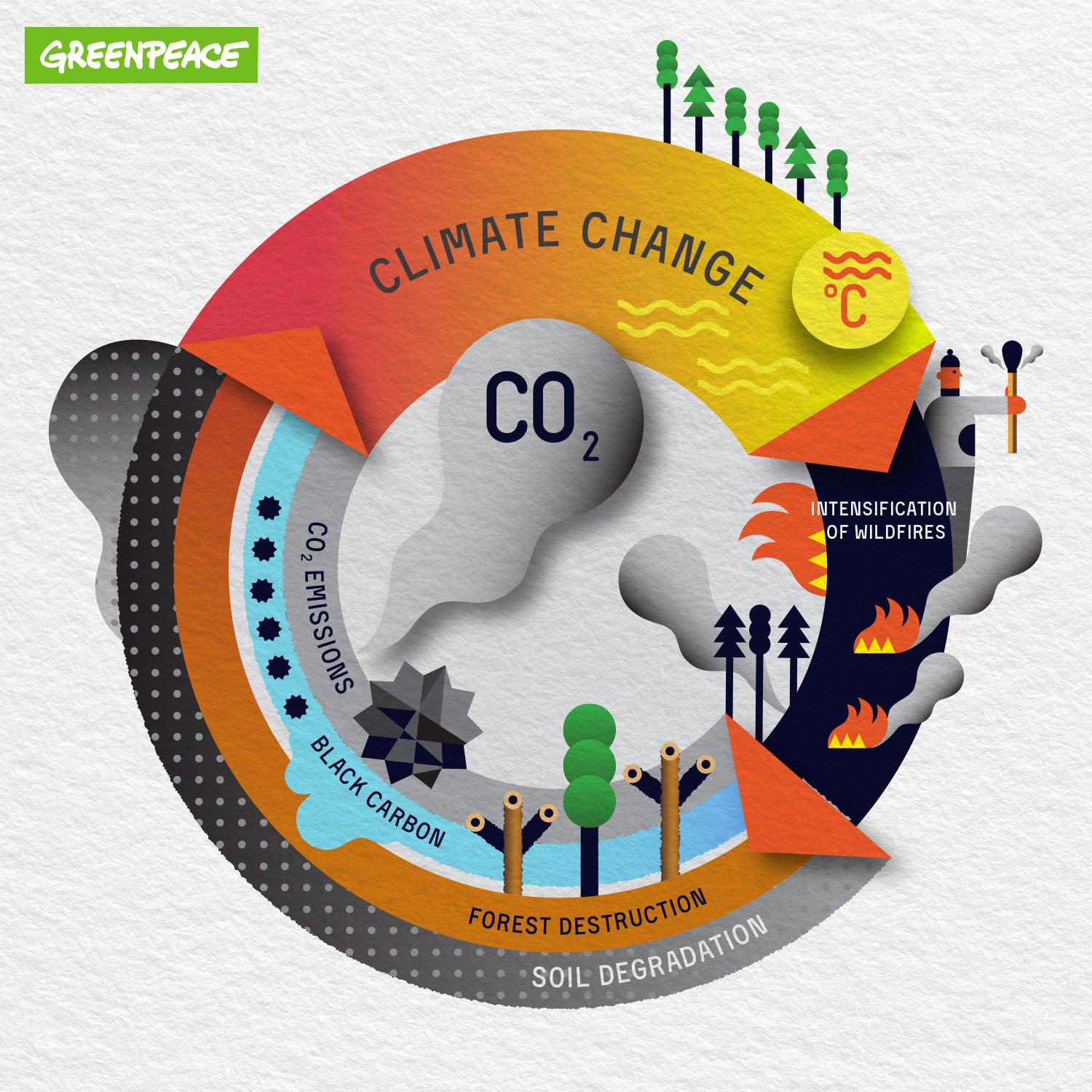Climate Change and the Food Supply
- ScienceNerd14

- Sep 8, 2019
- 2 min read
Climate change can have a massive effect on the food supply. It is highly likely to affect food security at a global, regional, and local level and disrupt food availability, the quality of the food, and access to the food.
How does this happen? Because of climate change, there are increases in temperature, changes in precipitation patterns, changes in extreme weather events, and reductions in water.
This can have a huge effect on agriculture. The increased amount of extreme weather events can interrupt food delivery to people, and the prices of food will surely increase as scarcity does.
Increasing temperatures due to global warming can cause spoilage and contamination to important food sources.
Population growth during this time is also harmful due to food scarcity.
Climate change can also have an effect on the safety and quality of food access. The United States moves large volumes of grain by water, and if this source is disrupted by extreme weather events, it will be hard to find another.
High temperatures and a shortage of rain can lead to droughts, an extreme problem as well.
Droughts result in food loss and affect agriculture, or lack of it in fact in these times. Flooding, another climate change related problem, can destroy food sources and the ability to deliver food.
All of these issues can also contribute to raising global food prices, also causing issues with who can purchase food.
Food shortages are very dangerous and deadly and we need to prevent this from happening.
Food scarcity can cause us to eat more “unsafe” foods and crops can be contaminated. A lack of water can lead to issues with sanitation.
Next time you eat something, think of these things. We have destroyed the Earth and it is up to repair it before it’s far too late.
Source:




Comments